Dharma & Caring For Your Body
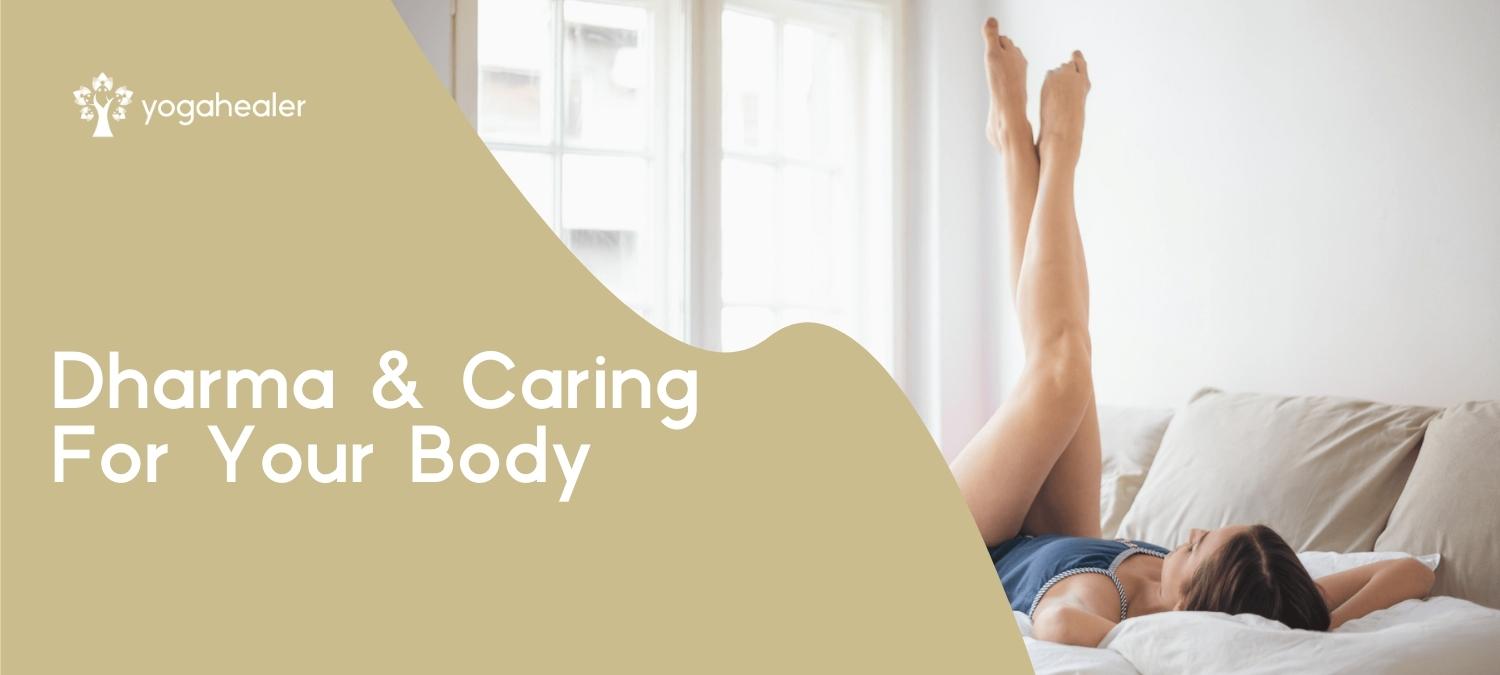
Would you prefer to hear about this topic? Click to listen to Dharma & Caring for Your Body on the Yogahealer podcast.
This month my new book “Master of You” was released, and as a result, I’ve been going through the basic outline of it. It’s a book about dharma, in its essence. It’s a book about purpose.
In this post, I’ll be body focused. How do you care for your body, in order to step into a deeper dharma and what’s the relationship to that?
So, this desire to live life on another level, to play a bigger game, to hit larger and bigger and better goals, it naturally arises out of aligned body rhythms. That is what happened in “Master of You” and the course behind it – Awake Living. This is important because if you don’t have the body rhythms, you will continually struggle with dharma. You will continually struggle to have the energy and the resilience and adaptability you need to live a greater life.
If you’re out of sync with your body rhythm, you are not going to have energy, you’re not going to have the kind of clarity of mind, the kind of power of your body, that is required for a life of healthy longevity and ambition.
I break these into three body rhythms. Rhythmic eating, rhythmic movement, and rhythmic sleeping.
How can I maintain a healthy weight?
Eating in rhythm has everything to do with rest and digest. Rest and digest mode is a natural pulsation when you eat, that allows your body to move through the phases and cycles of digestion without interruption.
Now, modern culture is snack happy. We like to constantly eat or graze. This is arrhythmic, and what happens is that you’re constantly disrupting and interrupting digestion. If after you digest, you allow this resting phase, your mind actually gets calm and clear, and so much of the brain fog goes away. A lot of people right now have trouble concentrating, focusing. Intermittent fasting, or rhythmic eating, can help you with that.
Part of the problem with rhythmic eating is that our culture doesn’t do it. People eat first thing in the morning and then they have a heavy dinner late in the day, and the fasting time between supper, (as it used to be called) and break-fast, is too short. So there’s really no fast being broken.
Ideally, you’re looking at 14 to 16 hour fasting time. That’s great for most people. Some body types do better with 16 to 18 hour side of fasting time. So it does depend on body type, but what happens over time is you metabolize nutrients more efficiently, you shrink your stomach, which cuts down on belly fat, you optimize your bodyweight really easily, and your body can efficiently generate energy and healthy tissue.
It’s also regenerating. The thing about when your fat is being metabolized, is fat is a fuel source, that is only used when meals are spaced long enough for your blood sugar to drop, and that activates stored fat to be transitioned into energy. So, fasting or meal spacing benefits your entire body, because when you activate your adipose tissue, it lubricates your joints, it lubricates your skin, it creates cellular flexibility, it generates calm for the nervous system, it enhances the communication, both within your cells and between your cells, and it enhances your circulation.
How can I have more energy?
Rhythmic movement is simply the idea that moving shouldn’t just be exercising once a day for 20 to 30 minutes or even 60 minutes and then sitting on your butt all day. The whole desk job, couch potato culture is a disastrous, degenerative, contemporary habit, and it has gone viral. And we know that these effects are on the rise. These sedentary diseases are alarming.
If you have a desk job and a commute, take movement breaks. Every hour, set your alarm and get up and do some jumping jacks, or if you’re a yoga person, do a handstand at the wall or downward dog for a moment. Get up and move. Go and do walk and talks instead of sitting meetings.
It’s amazing what starts to happen. Your mind will clear. You’ll have more energy. You’ll have way fewer cravings for food, so emotional eating will go down. If you don’t move every hour or two, you’re sacrificing your ability to remain refreshed throughout the day.
I’m just gonna go into some different ideas of what a typical day with rhythmic movement might include. So, I would begin each day, with five to 20 minutes of movement, whether it’s stretching or exercise. Then, throughout the day, taking movement breaks, getting in your 10,000 steps, if you will, by walking more frequently.
When you go to use the bathroom, take a moment, and stretch. Other tips around getting in 10,000 steps are simply parking further away so that you can walk a little bit more. When you’re walking, do deeper breathing. When you’re in your movement breaks, refresh your body with a longer, slower exhale and a slower, deeper inhale. This habit can make all the difference between you going down that road to emotional eating patterns, or not.
How can I feel refreshed in the morning?
We know that early to bed, early to rise, makes a human healthy, wealthy, and wise. Rhythmic sleeping is very simple. It happens when you follow the downward pull of the setting sun and you sleep reliably for eight hours, ideally from around 9 p.m. to around 5 a.m.
What happens is your ambition is nourished It requires you to show up consistently well-rested. You align to the circadian rhythms, remembering that the rhythm of the earth generates the rhythm of day and night, and this has shaped the rhythms of lifeforms, including our bodies, as the planet evolved.
Getting out of sleep deprivation, getting out of arrhythmic rest, can take time, but the results are sort of insane. Doing functional movement is huge. The movements settle the nervous system. Some people will also take a bath and do a full body massage, where you’re physically grounding using your hands to move the energy of the body. That’s great too. Finding what works for you is really important.
If you want to get deeper into how to transform your body, schedule a body goals session, where you can talk to a Yoga Healer coach about your body goals, about your body rhythm, and stepping into your deeper dreams. It’s free, it’s super helpful. We get great feedback from people having really enjoyed those conversations.
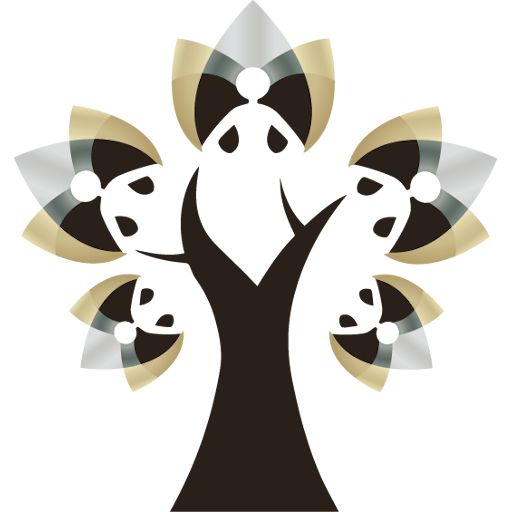


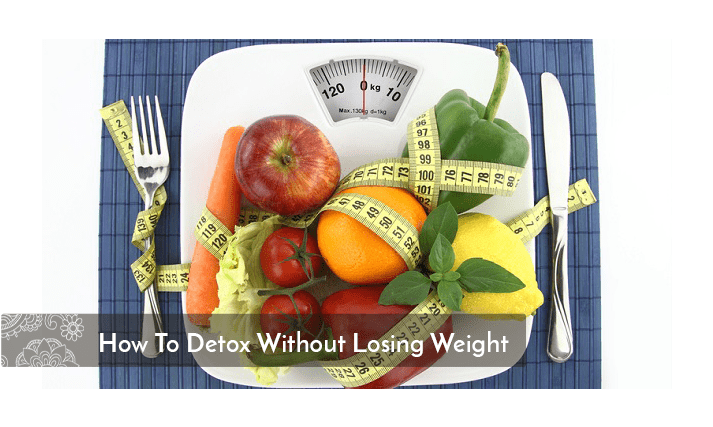



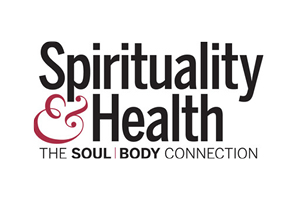
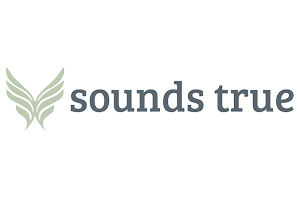



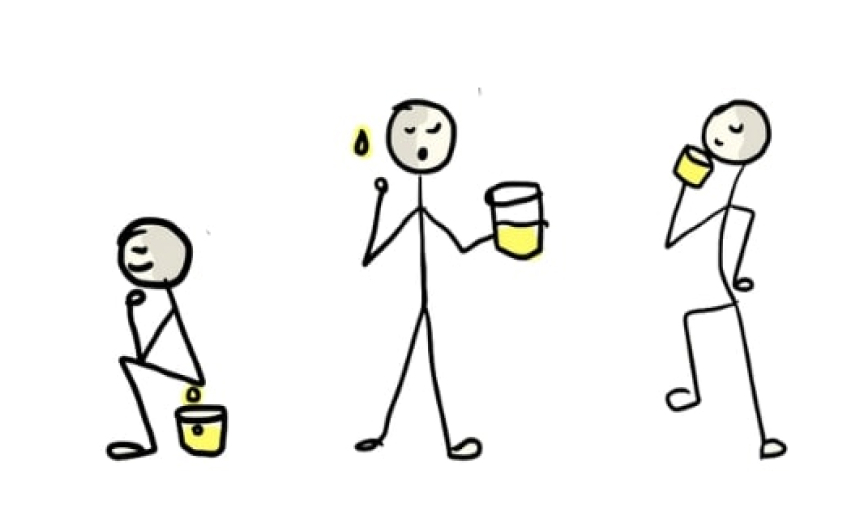
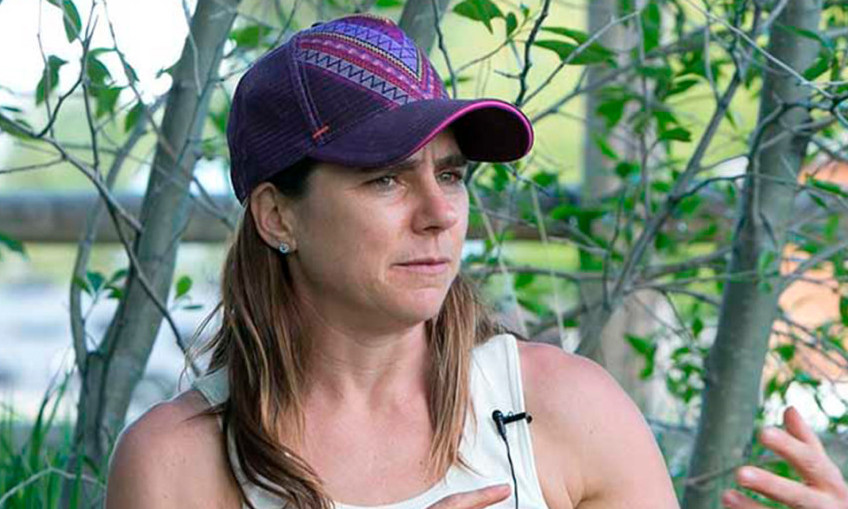

Comments
No comments yet, be the first to comment